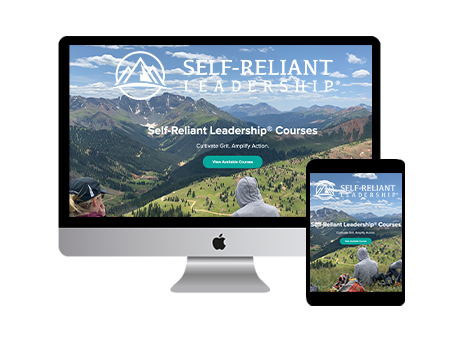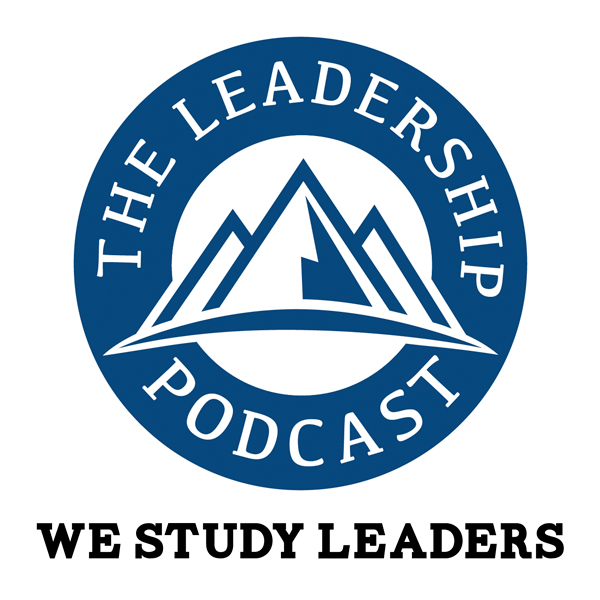Wondering how to insure your expectations are aligned with those of your team? Do you want to make sure you’re doing everything possible to retain your best people? Listen in for some very practical advice on how to coach better – and increase your leader effectiveness.
MOTIVATORS & DRIVERS
What do you want?
- Complaints about pay and #wfh. To me, these are hygiene factors. We have to bring these to “neutral,” as they can only demotivate. In the big scheme of things – WFH is about #freedom and #trust. You don’t “have” to have everyone in the same room to have a great culture. It’s harder, but doable with good leadership. This also relates to the primary drivers of engagement & commitment:
- Flexibility/Autonomy
- Culture/Purpose
- Compensation/Mastery
- People leave when they’re not appreciated. We need to make people feel they MATTER – as humans – and the specific functions they serve. *Also people need to feel they BELONG. We can’t have cliques, and outlier opinions need to be welcomed and appreciated.
The Three Obligations
You owe your employees three things:
- Be crystal clear with the expectations for the role. That includes not only the results expected, but also the behaviors that are aligned with the core values. This means that you lay out the expectations that are often assumed, but not spoken (i.e., the unwritten rules).
- Insure people know where they stand. Don’t ignore people, and don’t assume they know how they’re doing. Be honest. People can handle the truth. Catch people doing things right more than finding fault. And yes, please and thank you go a long way.
- Uphold the values and standards of the organization. A-players don’t want to work on a C-team where slackers get by. Insure there are consequences for performance: Consequences for exceeding expectations, consequences for meeting expectations, and consequences when standards aren’t met. Think courageous, compassionate candor.
For the employee, you owe your organization three things:
- Be on time and present. Being punctual and responsive is a controllable, and a sign of respect. It also show you’re reliable, and trustworthy. Take personal responsibility to find purpose and meaning in your role no matter your function.
- Know your stuff. And if you don’t know your stuff, learn your stuff. Be competent. Take responsibility for your own development. Be curious.
- Bring a unique perspective. If you’re in a meeting, you’re not there to simply nod. Ask questions, Share your insights. Look for creative options to problems, issues and challenges. It’s your responsibility for others to see you provide more value than you cost.
*Getting buying in is all about getting your agenda – and the other person’s agenda aligned on what the priorities should be. And those priorities always need to balance RESULTS and RELATIONSHIPS.






